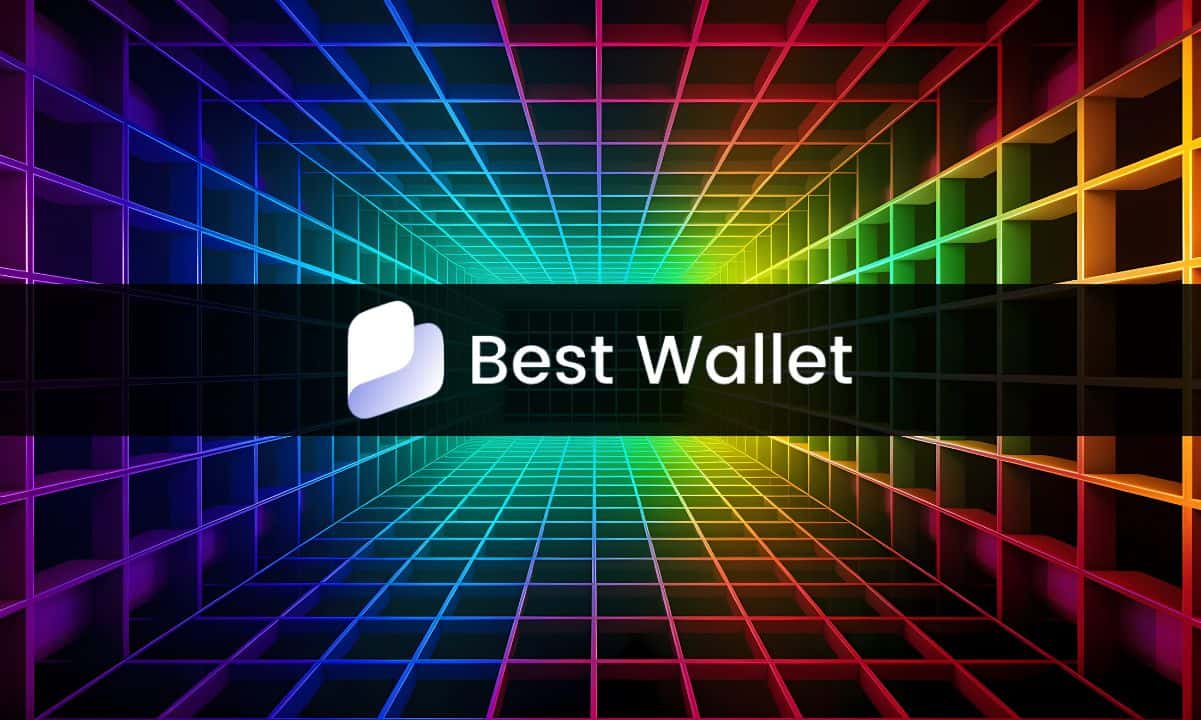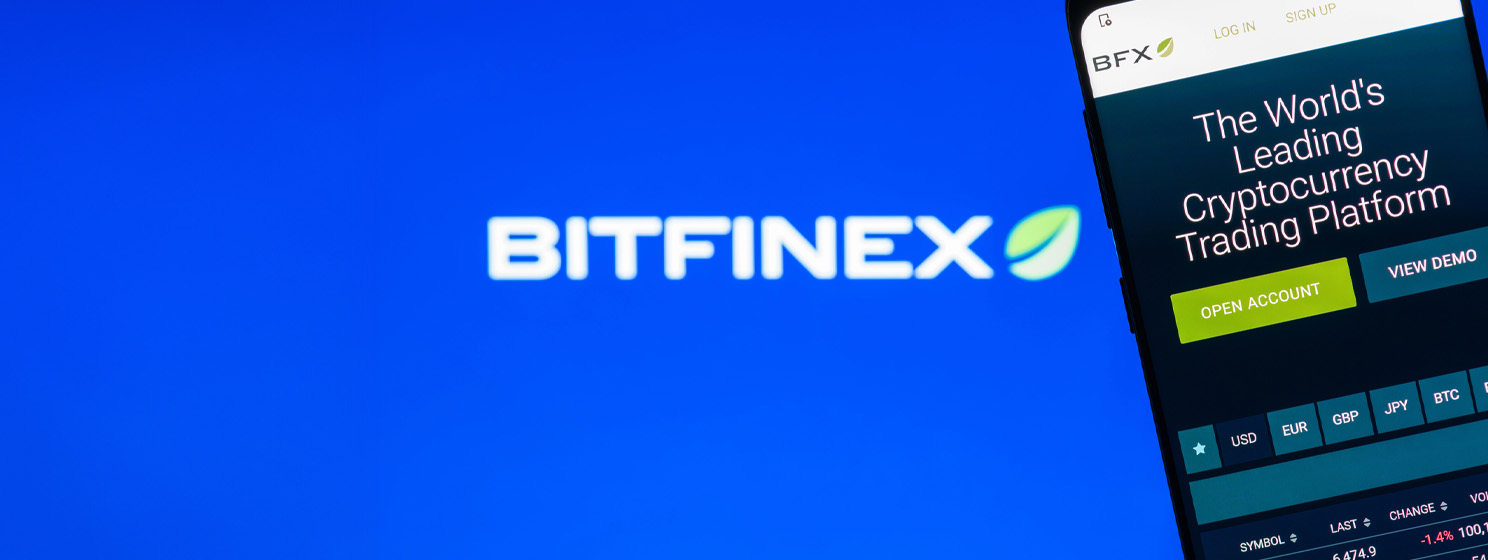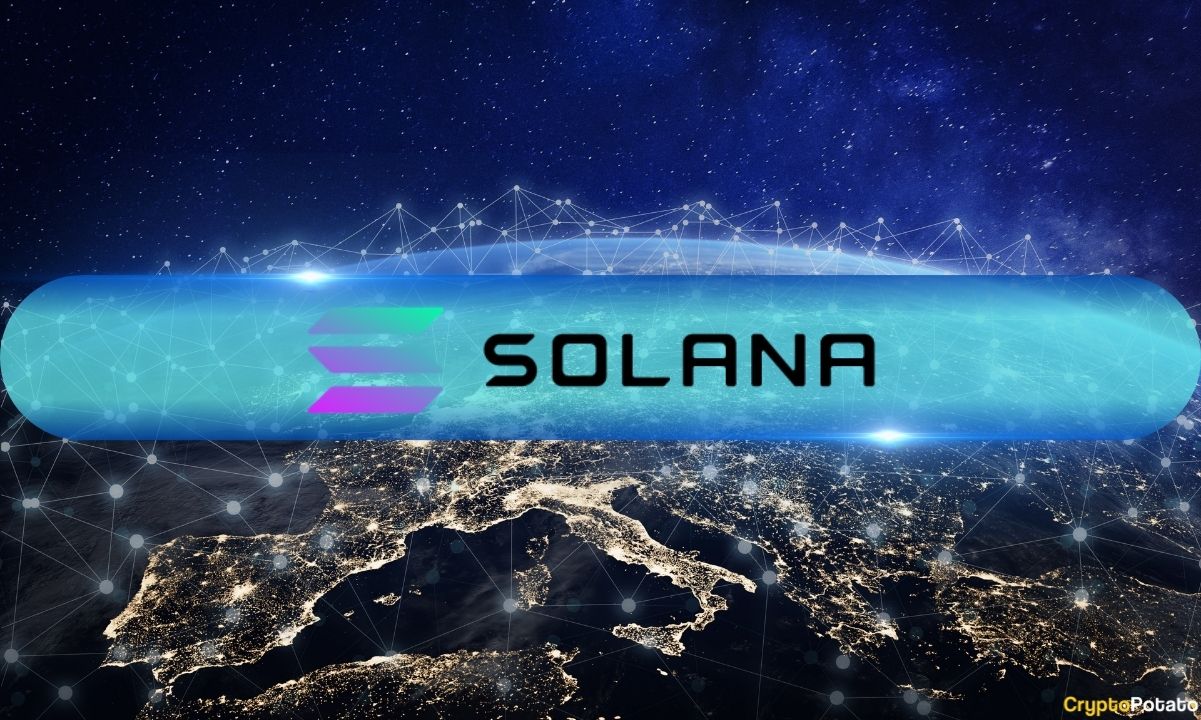Decentralized Autonomous Corporations, or DACs, are reimagining corporate structure using blockchain technology. DACs are organizations where governance is automated, decentralized, and built on blockchain protocols.
This unique structure removes centralized management, relying on code to enforce rules and processes. By doing this, DACs improve the decision-making process’s efficiency, inclusivity, and transparency. It’s critical to comprehend what DACs are, how they vary from DAOs, and why they have the potential to completely transform business as we know it as we investigate their future.
 Source: https://medium.com/star-atlas/the-rise-of-corporations-star-atlas-launches-dac-platform-v0-b6eb60df626a
Source: https://medium.com/star-atlas/the-rise-of-corporations-star-atlas-launches-dac-platform-v0-b6eb60df626aUnderstanding DACs and DAOs
Here is a brief explanation of both DACs and DAOs:
Term | Purpose | Main Features |
DAC | Operates as a corporation, providing services or products for profit | Revenue-focused, governed by stakeholders |
DAO | Operates as a community-led organization, often focused on nonprofit or project-based goals | Member-driven, focused on governance and transparency |
Key Features of Decentralized Autonomous Corporations
Several features set DACs apart from traditional corporate entities:
- Decentralized Governance: Stakeholders control DACs by holding tokens that represent their share in the company. This setup gives every stakeholder voting rights, making decisions more democratic.
- Autonomy via Smart Contracts: Smart contracts automate DACs’ key functions. These contracts enforce rules, distribute profits, and execute decisions without requiring human intervention, which reduces the need for management layers.
- Blockchain Transparency: The blockchain records all transactions and decisions, giving every stakeholder access to critical information and reducing the risk of fraud and corruption.
- Tokenized Ownership: Tokens represent ownership in a DAC. Token holders can sell or trade their tokens, making ownership transfer easier than in traditional corporate structures.
- Profit Distribution: DACs automatically distribute profits to token holders. This transparent revenue sharing attracts individuals seeking a fair stake in a company.
These characteristics make DACs attractive for businesses seeking efficient, transparent, and community-driven operations. Let’s explore the potential future impact of DACs on corporate structure and beyond.
The Future Role of DACs in Business
With the rise of DACs, businesses could soon operate in entirely new ways. Here are some potential roles and impacts DACs might have on future corporate models:
- Global Accessibility for Investors: DACs can enable any investor around the world to invest in a company by purchasing its token.
- Reduction in Bureaucracy and Overheads: Traditional corporations are heavy in their bureaucratic procedures and their maintenance costs.
- Decentralized Decision-Making: DACs democratize decision-making, thereby giving a voice to every token holder.
- Social and environmental impact opportunities: Yet another way could be for DACs to facilitate responsible social investment by empowering communities to create organizations around member-identified issues.
- New Approaches to Employment: DACs could also revolutionize employment models by rewarding contributors based on actual contributions rather than traditional employment contracts.
The appeal of DACs lies in these potential improvements in inclusivity, efficiency, and transparency. However, challenges still exist that need to be addressed for DACs to thrive.
Challenges Facing DACs
For DACs to become a viable model for future corporations, some obstacles must be overcome:
- Security Vulnerabilities: There have been cases in the past when famous attacks have been carried out on DAOs. In order for any DAC code to be trusted, it needs to be secure and audited with scrupulousness.
- Scalability Issues: Most blockchains, of which Ethereum is a part, have been put under a lot of stress; this leads to greatly increased transaction fees and time consumption during their peak moments.
- Governance Efficiency: In many cases, it is considered that points of strength can be your weakness.
- Lack of Accountability: Whereas regular corporations are headed by CEOs and boards, DACs have no form of central authority figureheads. This makes it difficult to hold anyone accountable if issues arise, leading to potential challenges in transparency and responsibility.
Addressing these issues is key for DACs to gain wider acceptance and establish themselves as a sustainable model in the business world.
Real-World Examples of DACs and Their Impact
Several projects have already begun exploring DAC models to test their potential. Here are some real-world examples:
- Aragon: Aragon is a blockchain platform designed to help users create decentralized organizations. With Aragon, any community or business can build a DAC that operates autonomously on the blockchain, with customizable governance structures.
- DAOstack: Although primarily a DAO platform, DAOstack has integrated elements that could support DACs by allowing token-based voting and customizable governance. It provides the tools for decentralized communities to collaborate effectively, which could eventually benefit DACs.
- Colony: Colony enables users to create decentralized organizations and automate task management, payments, and governance through its platform. By integrating token-based voting and work-based incentives, Colony provides an example of how DACs can combine community and productivity.
The Path Forward for DACs
As DACs continue to evolve, they could eventually provide an alternative to the traditional corporate model. They foster transparency, decentralization, and democratized decision-making. The concept of a DAC itself also disrupts traditional notions of the corporate form and could create community empowerment, innovative employment models, and global investment opportunities.
The potential of DACs to rethink how we perceive and interact with businesses would be one where business ownership is free, equitable, and technologically powered. To the rest, concerned about the future of decentralized corporations, DACs offer a prospect of bright autonomous organizations where transparency, justice, and effectiveness come first.
October 29, 2024 at 12:00 pm
Updated October 29, 2024 at 12:00 pm
Remember, investing in cryptocurrencies involves risks, and it’s important to conduct thorough research and seek professional advice before making any financial decisions. (Please keep in mind that this post is solely for informative purposes and should not be construed as financial or investment advice.)
What is cryptocurrency?
Cryptocurrency is a digital form of currency secured by cryptography, not controlled by governments or banks.
What are cryptocurrency wallets?
Cryptocurrency wallets are digital tools for storing and managing your crypto assets.
What are the best practices to invest in cryptocurrencies?
Best practices for crypto investment include research, diversification, investing what you can afford to lose, and avoiding hype-driven investments.

















 English (US) ·
English (US) ·